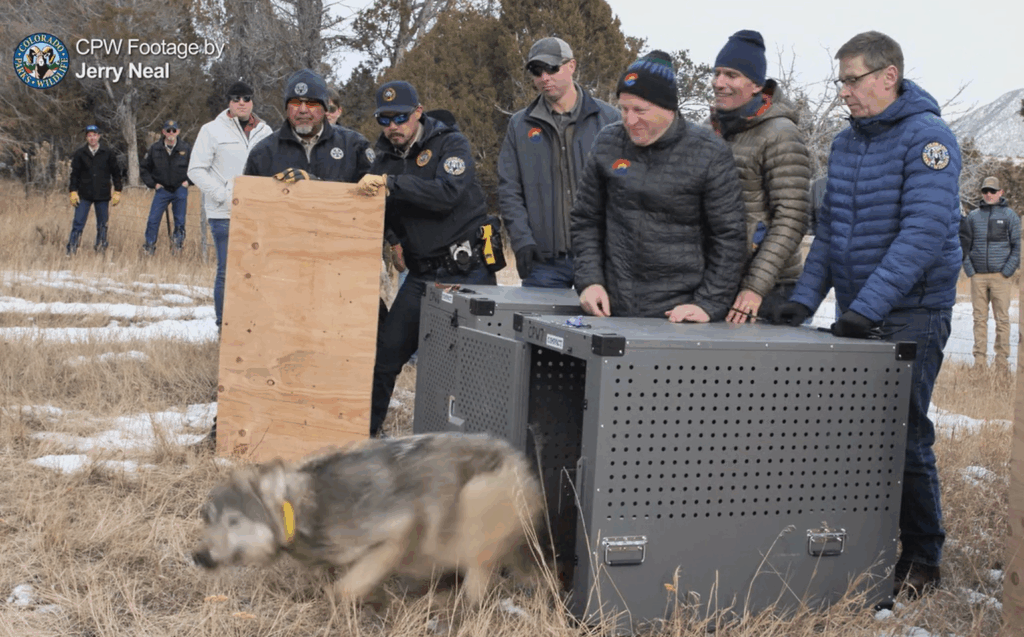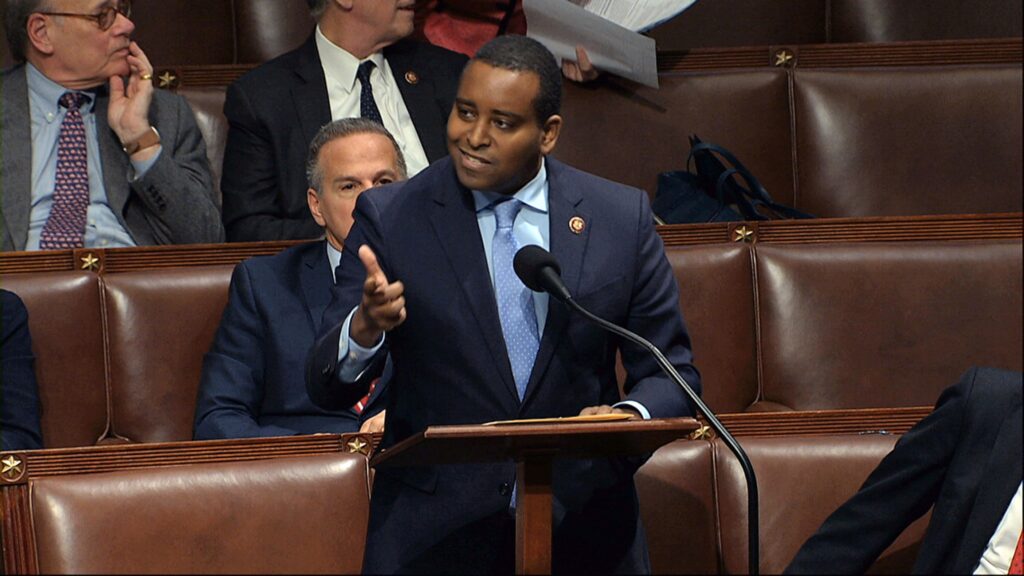Kefalas on open records bill: An ‘interesting journey’
Opening the hood of Colorado’s Open Records Act to change out even a few parts is a massive undertaking – too many of the components in this aging machine are moving. Aiming to make some long-overdue digital-era updates to CORA, state Sen. John Kefalas, D-Fort Collins, started that process months ago and has been wrestling in the legislative and political wiring ever since.
“Well, you know, on the surface, if you look at it, one would think it’s pretty simple what we’re trying to do here,” said Kefalas last week, a day after his Senate Bill 40 open-records-update proposal won 21 of 35 votes to muscle its way out of the state’s upper chamber and move across the hall to the House. Kefalas is a thoughtful person on most any topic. He chooses his words with extra care when speaking about his open records bill.
“We’re not trying to change the provisions of the Act. Most files are now kept digitally. There’s a lot of … logic” – is the word he lands on – “to the idea that we should provide those files to the press or to citizens in a digital data file format, while of course protecting private and proprietary information,” Kefalas says. “On the surface, I think it’s a commonsense proposal. It’s taxpayer money paying for the records. Government is just the steward – and there are pages in the Act that rightly give officials the right to deny requests based on federal and state law.”
CORA, as the state’s open records act is known, was enacted in 1969 and for years it served as a cutting-edge inspiration for open-government efforts around the nation. It was born in the age of the typewriter and carbon copies – but also the same year the first ARPANET message shot between computers at UCLA and Stanford. In the nearly 50 years that have passed, CORA has fallen into semi-decrepitude, a paper-and-ink law shuffling through the digital age.
For years, records requestors seeking to access state public datasets in digital searchable formats have been frustrated.
Kefalas, a Democrat who represents Fort Collins, was moved to introduce the bill by a 2015 battle over records access centered in his hometown. The local paper, the Coloradoan, sought to investigate complaints concerning pay inequities tied to gender bias at Colorado State University and sought access to salary files of the university’s 5,000 employees. The university welcomed the newspaper to work from a bound paper-and-ink copy available at the library – even though the university maintained digital versions in readily searchable spreadsheet files. The newspaper asked for a copy of that version – delivered on a thumb drive or a disc or simply as an attachment to an email. University counsel responded that the law only required the records be made available and that they were available – on paper at the library – and that was that.
Kefalas ran Senate Bill 37 last year to clarify that, if digital versions of public records files were available, they should be delivered upon request. The bill never made it out of committee. Fear then as now was that government staffers would be overwhelmed and that the ability to control sensitive information sent out as digital bits and bytes in the internet age in which it can flow everywhere and anywhere would be compromised – that conscientious redactions would be too hard and expensive to make on enormous datasets and that “metadata” – the data behind the data – would be difficult to redact.
But the bill led to the formation of a working group to consider technological and policy issues. The group held open meetings through the fall and came together around proposals that make up this year’s bill.
The bill proposes that custodians of “structured data” public records must provide accurate and searchable copies when requested. Debate in the Senate turned around how best to strike a balance between privacy and safety concerns and the public’s right to access.
“I thought it was a good process, an open process,” Kefalas said. “The meetings were broadcast and everyone was welcome – and I have to give critics of the bill credit, like the attorney general’s office, because they stayed at the table the whole time. All things considered, I think we arrived at a compromise bill and it strikes a balance between the public’s right to access this stuff and making sure custodians don’t get taken to the cleaners.
“But, in the end, I want to side with the people,” Kefalas said.
In addition to the practical questions of records policy, the bill indirectly addresses philosophical questions – not just about good government but about the value of data in the digital age and how to manage that value.
It has become abundantly clear that the greater the number of people who can access the information, the more can come of it – mostly for good and sometimes for ill. All variety of new business and technology and policy can grow from a single rich data set. But many varieties of fraud and damage can come, too. As lawmakers debating the bill have argued, private individuals and public officials can be opened up to harassment or worse. Terrorists might devise plots based on public infrastructure data.
There are more than 100 groups – including school systems, hospitals, universities, cities and counties – whose lobbyists are watching the bill, according to the secretary of state’s database.
Opponents include water districts, universities, local school boards, the state coroners association and local chambers of commerce.
Supporters include press and broadcaster associations, the American Federation of Teachers union, and state government watchdog groups Common Cause and Ethics Watch.
The bill has come out of the Senate with some momentum after a rocky start. Hearings were delayed. Stakeholder support wavered. Kefalas believes Sen. Ray Scott, a Grand Junction Republican and the chair of the Senate State Affairs Committee, may have saved the bill by delaying a crucial hearing.
“I suspect the plan was to kill the bill. I’m grateful that lawmakers have agreed to allow for more deliberation,” Kefalas said. “Senator Scott on February 6 – some of these things are etched in my mind – he told me he was going to delay a hearing where the bill seemed preordained to die but he wanted to give it more time. In the end, the delays allowed us time to work out compromises and got us to where we are today.”
Where the bill is today is in the hands of Rep. Dan Pabon, the Denver Democrat who will shepherd it through the House – a “very smart cookie,” as Kefalas said, whom he is confident will be up to speed fast on the ins and outs and the politics of the bill.
Some Republicans are pushing to place the judiciary branch under CORA for the first time.
Indeed, House Bill 1029, sponsored by Rep. Polly Lawrence, a Republican from Roxborough Park, would have done just that, but Democrats killed the bill earlier this session – a move that some say has resulted in lingering anger that may be fueling some of the trouble gathering in front of Kefalas’s bill in the House.
It has already been a long, winding road. Kefalas likes to say the bill has taken an “interesting journey.”
Kefalas notes that he has run two previous bills on CORA. “It’s not my first foray,” as he puts it.
“It’s cliche, I know, but this bill has strengthened my commitment to transparency and accountability, the idea that we’re not putting up barriers to people of good will,” he said.
“I should note that, if we don’t get a good bill, at some point there will be citizen groups waiting in the wings to run a ballot initiative to do these updates to our laws and, in that case, not everyone will be asked to take a seat at the table.”











